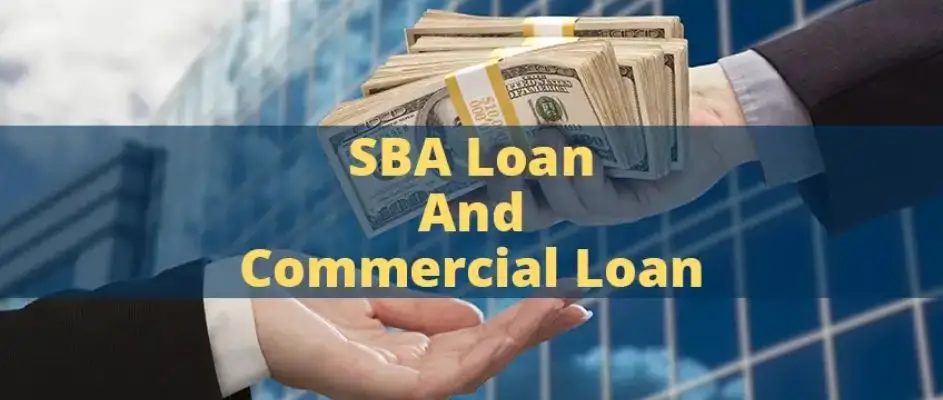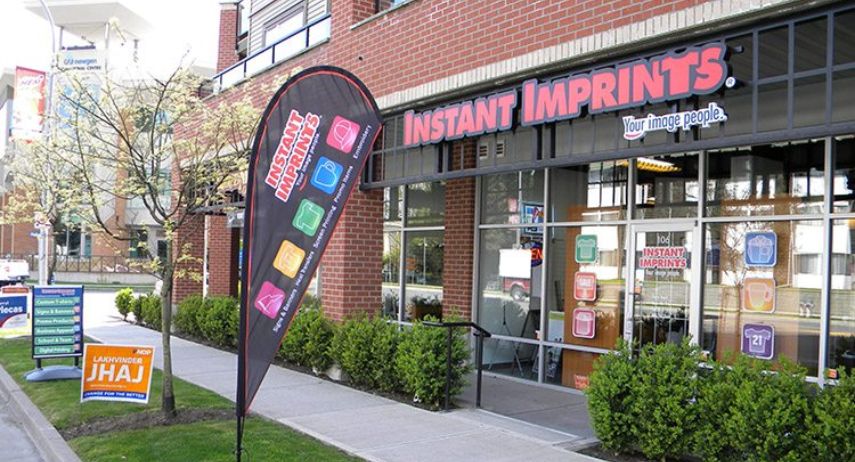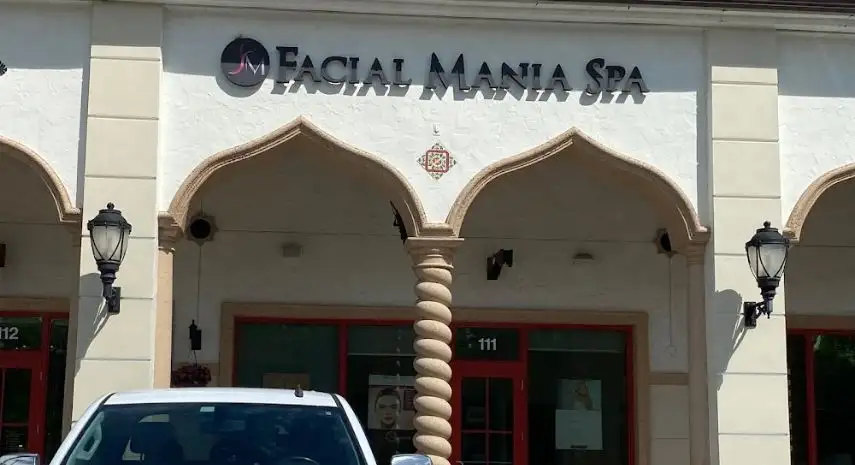SBA Loans vs. Private Loans for Franchisees

Starting a franchise business is an exciting venture, but securing the right financing can make or break your success. For aspiring franchisees, choosing between SBA loans vs. private loans for franchise ownership is one of the most crucial decisions you’ll face. Understanding the key differences, benefits, and drawbacks of each financing option can help you make an informed choice and set your franchise up for long-term success.
What Are SBA Loans for Franchisees?
SBA loans, or Small Business Administration loans, are government-backed loans designed to help entrepreneurs access affordable financing for small businesses, including franchises. They are partially guaranteed by the U.S. government, reducing risk for lenders and often resulting in lower interest rates and longer repayment terms for borrowers.
Key Features of SBA Loans:
-
Lower interest rates compared to most private loans
-
Extended repayment terms (up to 25 years for real estate and 10 years for equipment)
-
Down payment flexibility, sometimes as low as 10%
-
Government guarantee, making it easier for borrowers with less capital or limited credit history to qualify
SBA loans are especially popular among franchisees looking for long-term, stable financing without taking on high-interest debt.
What Are Private Loans for Franchisees?
Private loans are financing options provided by banks, credit unions, or online lenders without government backing. They include business term loans, lines of credit, and alternative financing options.
Key Features of Private Loans:
-
Faster approval process, often within days or weeks
-
Flexible use of funds, sometimes for working capital or marketing
-
Higher borrowing limits depending on your creditworthiness and collateral
-
Variable interest rates, which may be higher than SBA loans but offer speed and convenience
Private loans are attractive for franchisees who need quick access to funds or do not qualify for SBA programs.
SBA Loans vs. Private Loans: A Comparative Analysis
| Feature | SBA Loans | Private Loans |
|---|---|---|
| Interest Rates | Typically lower | Often higher and variable |
| Repayment Terms | Longer (up to 25 years) | Shorter, usually 3–7 years |
| Approval Process | Lengthy and documentation-heavy | Faster, less documentation |
| Eligibility Requirements | Credit score, business plan, franchise approval | Primarily credit score and collateral |
| Down Payment | Often 10–20% | Can be higher, 20–30% |
| Flexibility | Limited to business-related expenses | More flexible use of funds |
When to Choose an SBA Loan
SBA loans are ideal if you:
-
Are investing in a high-cost franchise
-
Need long-term financing with lower monthly payments
-
Have a solid business plan but limited upfront capital
-
Want government-backed security for lenders
When to Consider a Private Loan
Private loans may be better if you:
-
Require quick funding to seize a franchise opportunity
-
Have excellent credit and financial stability
-
Need financing for specific short-term business needs
-
Are comfortable with higher interest rates for faster processing
Tips for Choosing the Right Loan for Your Franchise
-
Assess your financial goals – Long-term stability vs. fast access to funds.
-
Compare interest rates and fees – Even a small difference in rates can save thousands.
-
Understand repayment terms – Ensure monthly payments align with projected franchise revenue.
-
Evaluate eligibility requirements – SBA loans require documentation; private loans may be more lenient.
-
Consult a franchise financing expert – They can help navigate loan options and match you with the best fit.
Conclusion
Choosing between SBA loans vs. private loans for franchisees depends on your financial situation, creditworthiness, and business goals. SBA loans offer lower rates and longer terms, making them perfect for long-term investments, while private loans provide speed and flexibility for urgent or short-term needs. Carefully evaluating both options and aligning them with your franchise plan can ensure a smooth path to ownership and growth.






